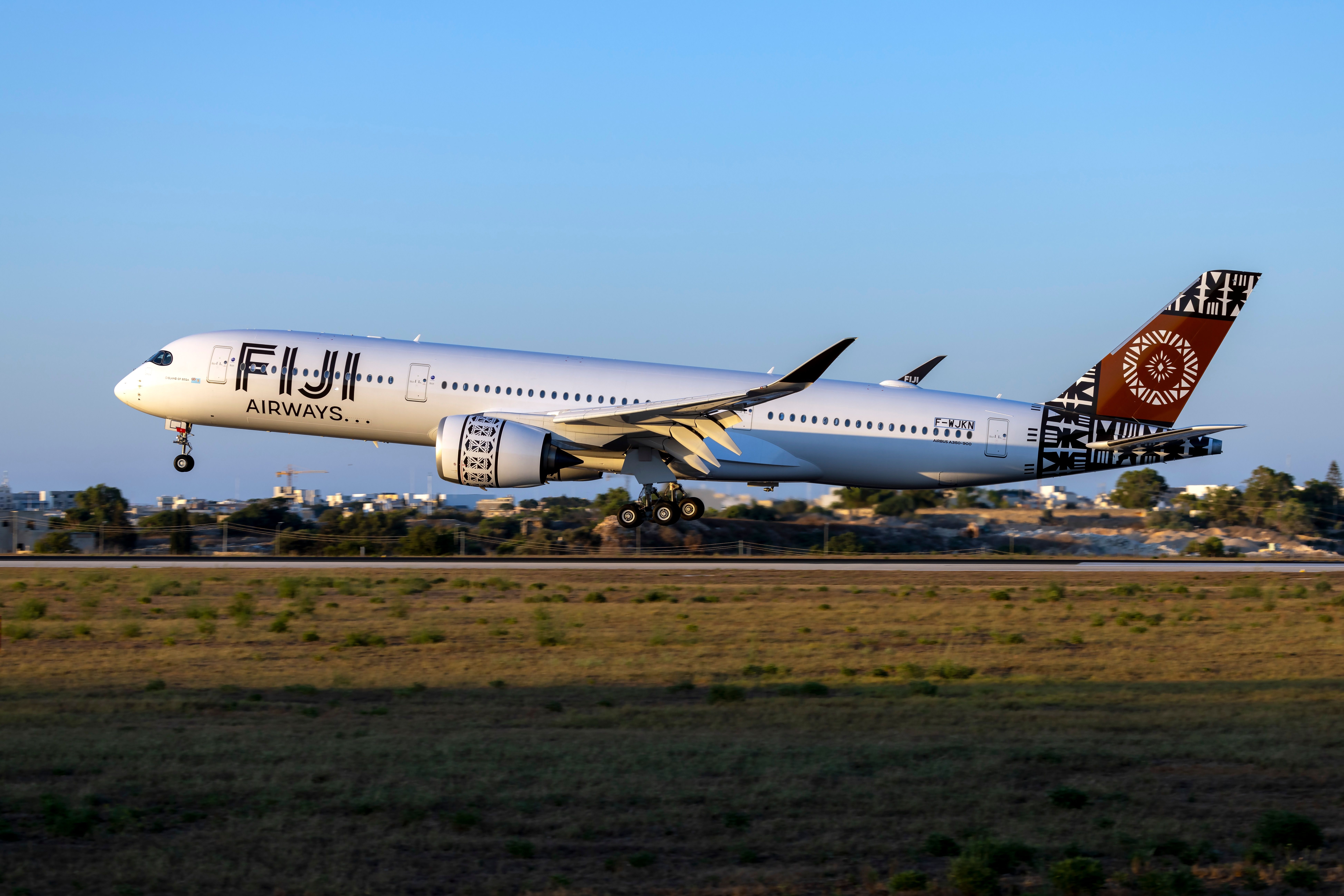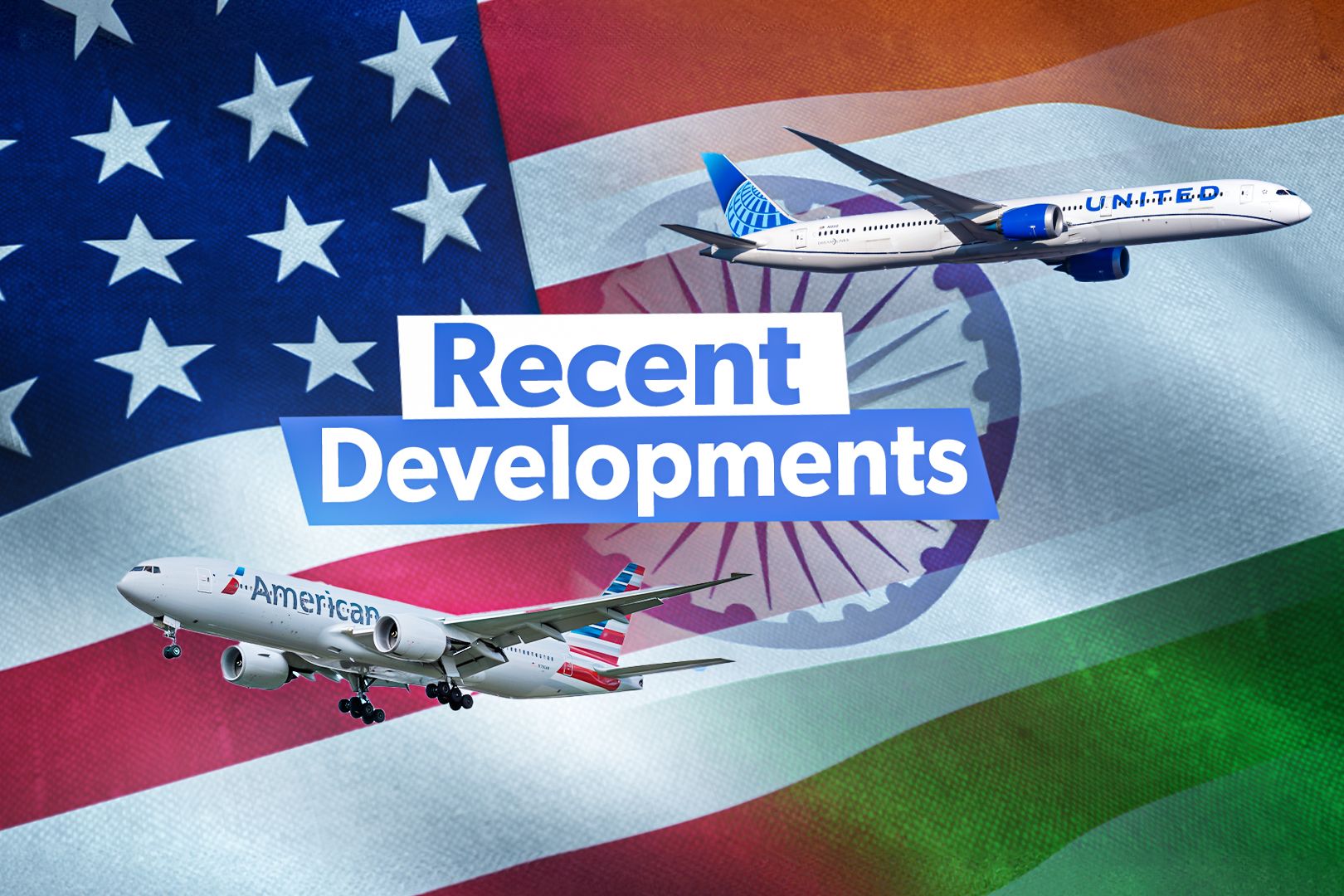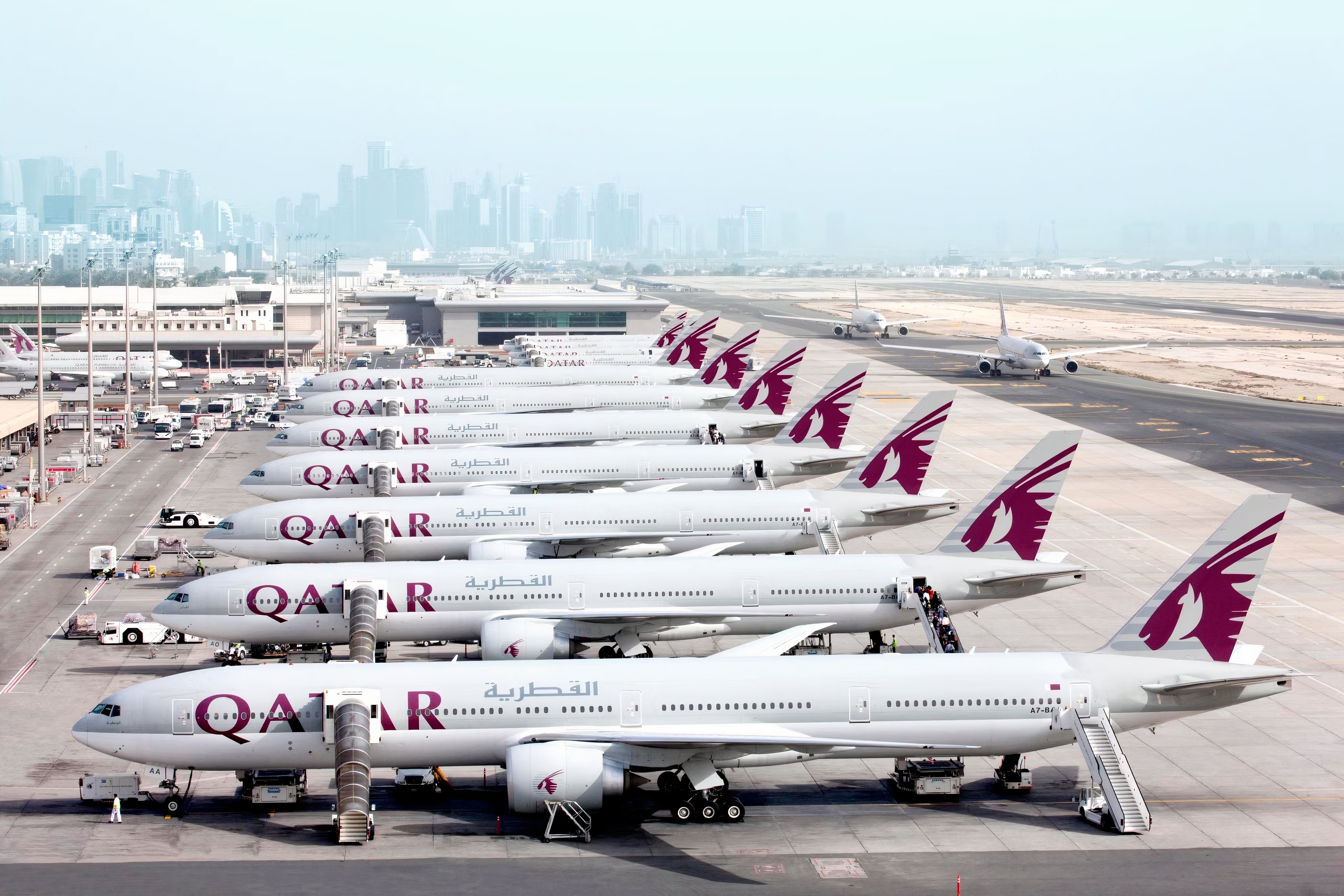Tuesday, August 20, 2024 Australia is set to trial digital travel passes as a cutting-edge replacement for traditional paper cards. This is marking a significant shift in the nation’s approach to tourism and border management. This digital initiative aims to streamline the entry process for international travelers.
This is enhancing efficiency and security at the nation’s borders. It is spearheaded by the Australian government. The move is expected to significantly impact the tourism industry, with major implications for both travelers and airlines.

The Move Towards Digitalization The digital travel pass will be under trial in the coming months. It is a part of Australia’s broader strategy to modernize its border processes and improve the travel experience. The digital travel pass will replace the existing Incoming Passenger Card (IPC) that international travelers currently fill out upon arrival.
This new system is designed to integrate seamlessly the existing digital platforms used by airlines and border security agencies. This is reducing paperwork and speeding up the processing time for incoming passengers. The digital pass will store travelers’ information electronically.
It will be allowing for quicker verification and reducing the risk of errors or lost documentation. Impact on Australia’s Tourism Industry The introduction of digital travel passes is anticipated to have a profound impact on Australia’s tourism industry. By streamlining the entry process the government hopes to create a more welcoming environment for international tourists, potentially boosting visitor numbers.
This initiative aligns with Tourism Australia’s goals to enhance the visitor experience and support the recovery of the tourism sector post-pandemic. The trial of digital travel passes is expected to improve Australia’s competitiveness as a travel destination. Australia can offer a more attractive option for travelers looking for a hassle-free holiday destination.
It is by reducing wait times at airports and simplifying the entry process, This development is particularly crucial as the global tourism industry rebounds from the impacts of COVID-19. Travelers are increasingly seeking destinations that offer both safety and convenience. Airlines and Digital Travel Integration Major Australian airlines including Qantas and Virgin Australia may play a critical role in the implementation of the digital travel pass.
These airlines will need to integrate the new system into their existing digital infrastructure. This ensures that passengers can easily transition from traditional paper cards to the new digital format. Airlines have already begun preparing for this shift.
Qantas recently announcing updates to its digital services to accommodate the forthcoming changes. The integration of the digital travel pass is anticipated to reduce boarding times. It may also enhance the overall travel experience for passengers flying to and from Australia.
The Future of Travel in Australia The Australian government’s push towards digital travel passes reflects a broader trend in global tourism. Digital solutions are increasingly being adopted to improve efficiency and security. As Australia trials this new system, it sets the stage for a future where digital travel passes could become the norm, potentially replacing paper-based systems worldwide.
As the trial progresses, feedback from travelers and industry stakeholders will be crucial in refining the system before a full rollout. If successful, digital travel passes could be a key factor in rejuvenating Australia’s tourism industry, making the country a leader in digital travel innovation. A pivotal moment for the tourism industry Australia’s trial of digital travel passes represents a pivotal moment for the tourism industry By embracing digital solutions, the nation is not only enhancing its border security but also positioning itself as a forward-thinking travel destination.
The impact of this initiative on Australia’s tourism and airline industries could be substantial. It will likely be setting new standards for how countries manage international travel in the digital age..



















